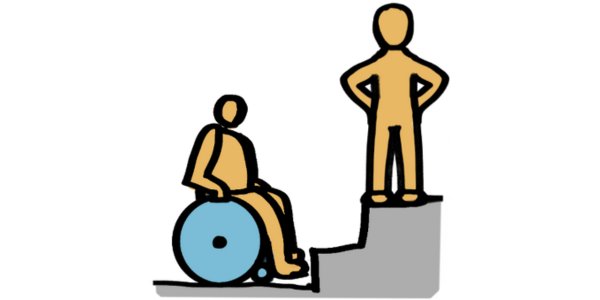Ableism
Ableism: Simple Definition
Ableism is the discrimination against men and women with emotional, physical, and mental disabilities. It is also called ablecentrism, disability oppression, or handicapism. This prejudice assumes that able-bodied people are superior and that their abilities are the norm everyone should follow.
How It Affects Sexual Health
In sexual health, ableism influences how disabled people’s sexuality is viewed. Society may assume disabled people are not sexual, leading to exclusion from sex education or sexual healthcare. These views can reduce opportunities for disabled people to explore or express sexuality.
More About Ableism
Ableism is shaped by non-disabled beliefs and often internalized by those with disabilities. For example, if “sex” is only defined by certain physical movements, people unable to perform them may be seen as incapable of sex. This is false, since sexual pleasure can be experienced in many ways. Such assumptions affect relationships, dating, and access to sexual education and healthcare.
FAQ
1. What is an example of ableism?
An example is assuming a wheelchair user cannot have a romantic or sexual relationship. This ignores their abilities and reduces them to their disability.
2. What is the meaning of ableism?
Ableism is discrimination against people with disabilities. It treats able-bodied people as superior and creates barriers in daily life and relationships.
3. What is ableism in ADHD?
Ableism in ADHD happens when symptoms are dismissed as laziness or poor discipline. This ignores the neurological basis of ADHD and unfairly blames individuals.
4. What is the difference between disability and ableism?
Disability is a condition that affects physical, emotional, or mental function. Ableism is the prejudice or discrimination against people living with such conditions.
5. How to tell if someone is an ableist?
Someone may be an ableist if they dismiss disabled people’s abilities, deny accommodations, or assume they are less capable in relationships, work, or sex.
6. What is looping in autism?
Looping in autism refers to repeating words, thoughts, or actions. It can help with self-soothing, managing anxiety, or processing overwhelming sensory input.
















